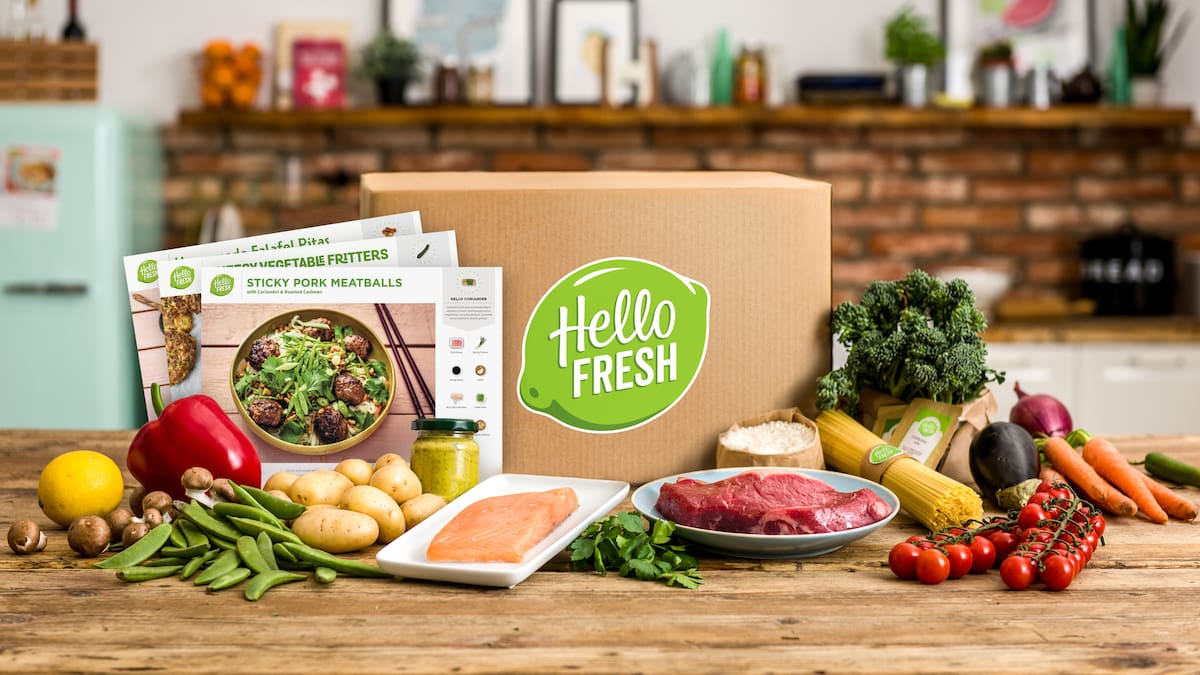“Is there anything we can maybe change or improve in your opinion?”
He spoke about air fryer recipes and hamburger recipes.
“Yeah, no, I’m all right, thank you,” the call recipient said. “I don’t want it to be reactivated.”
The caller insisted the customer could “self-manage” her account.
A second call from a Manila call centre was played to the court.
“I’m not with HelloFresh anymore,” the recipient said. “I can’t afford it.”
The caller made an offer.
“I’ll have to think about it,” was the reply.
“I will give you full control over your account,” the caller said.
A cold call from Sydney was also played to the court.
“Were the recipes easy enough for you to follow? Would you use HelloFresh again?” the caller asked a woman.
He offered a discount.
The woman in the call appeared to have limited English language skills.
“You decide when and how you want to use it. You manage it from your end,” the caller said.
He said he’d send her a text message and the account would be reactivated.
HelloFresh Australia and New Zealand chief executive and founder Tom Rutledge has unreservedly apologised to customers, partners, employees and the wider community. Photo / Supplied
The Commerce Commission said the company misled consumers to reactivate cancelled food delivery services.
HelloFresh New Zealand in July pleaded guilty to five Fair Trading Act charges of misleading customers.
For the commission today, lawyer Danielle Houghton sought a penalty of $1.5 million to $1.6m.
She said call centre workers were expected to make 20 calls and achieve two reactivations per hour.
She said the script or bullet points HelloFresh used to guide calls were misleading and framed as a consumer survey.
More than 1.2 million calls were made during an 18-month campaign from early 2022 to mid-2023.
The court heard about 300,000 calls were answered, with 77,939 reactivations.
Sunset over Zagreb, Croatia, where one of the HelloFresh call centres was based. Photo / Armand Tamboly, Connect Images via AFP
HelloFresh counsel Peter Hunt said the company took the charges seriously.
A HelloFresh director of finance had travelled from Sydney to attend court.
“Charges have been admitted at the first opportunity,” Hunt said.
He said the impact of any misleading conduct was over quickly.
“If an account was reactivated after the telephone call they immediately received an SMS or text or email.
“That was in effect clarifying any misconception about what happened on that phone call,” he said.
“This isn’t a subscription trap in the sense of something that could go on for a year without people knowing.”
Hunt said there was no orchestrated campaign to mislead people but call centre staff were not properly supervised.
“That allowed them to say things which were off script.”
He said the company had cut ties with the Zagreb call centre.
Hunt suggested a $900,000 starting point for a fine.
Judge Kathryn Maxwell said commission payments motivated call centre staff to reactivate accounts.
Staff were effectively told to never take “no” for an answer, she said.
A third-party provider ran the Zagreb centre but HelloFresh’s growth management team developed the script.
“It cannot blame others, whoever they may be, for inadequate guidance of call centre agents.”
The court heard HelloFresh began tracking complaints about reactivations in January 2023.
By late July that year, it had recorded 424 such complaints.
Judge Maxwell said the firm refunded 258 of those people.
She said aggrieved customers weren’t able to email or phone HelloFresh and were directed initially to an AI chatbot.
She said HelloFresh New Zealand was a standalone company with support from a German parent company.
Judge Maxwell chose a $1.3m starting point for the sentence.
HelloFresh had no prior convictions and received a 35% discount, leading to an $845,000 fine.
“The fine in itself is a significant penalty,” the judge said.
HelloFresh apology
HelloFresh Australia and New Zealand chief executive Tom Rutledge said the company accepted Judge Maxwell’s decision.
“We unreservedly apologise to our customers, partners, employees and the wider community for the shortcomings in our past customer service practices,” he said on Thursday afternoon.
“The events in question occurred between November 2022 and June 2023, and we take full responsibility for them.”
Rutledge said the company had made changes to how it operates, such as introducing centralised complaint tracking and making cancelling an easier process online or in the app.
“Customers who were affected received refunds or credits, and we deeply regret the frustration caused,” he added.
ComCom: Don’t blame call centre staff
“We really don’t think it’s adequate to blame the call centre staff,” Commerce Commission deputy chairwoman Anne Callinan said outside court.
“And I don’t think the judge was very impressed by that either.”
Callinan said HelloFresh was responsible for training and making sure callers did the right job.
She said she hoped the case sent a strong message.
“Sell things by being truthful about what the product and service is.
“And if you’re selling a subscription service, then please make it easy to get out and make it easy for people to cancel.”
John Weekes is a business journalist covering aviation and courts. He has previously covered consumer affairs, crime, politics and courts.
Listen and subscribe to the Today in Business podcast – the top headlines from the NZ Herald business team summarised and delivered by an artificial intelligence (AI) voice as an easily digestible recap.

